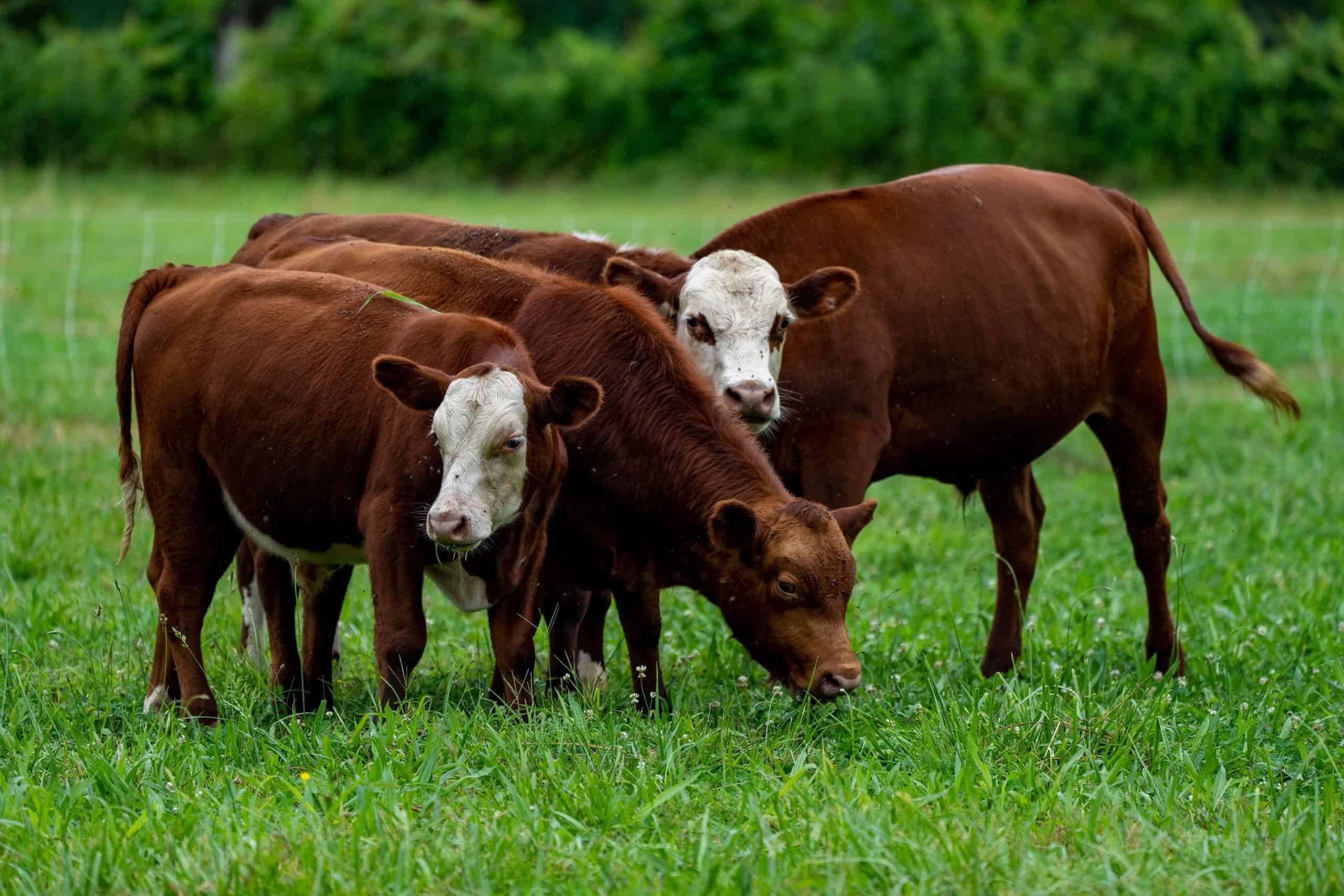
Cows are fascinating creatures that play a vital role in agriculture and our daily lives. Did you know that cows have an incredible memory and can remember things for years? These gentle giants are also social animals, forming close bonds with their herd members. Cows have a unique digestive system with four stomach compartments, allowing them to break down tough plant materials efficiently. They can even produce over 25 gallons of saliva each day to aid in digestion! From their impressive milk production to their environmental impact, cows are more complex than they might seem. Let's dive into 30 intriguing facts about these remarkable animals.
Cows and Their Unique Biology
Cows are fascinating creatures with unique biological traits. Let's dive into some interesting facts about their biology.
- Cows have four stomachs. Each one plays a role in digesting their fibrous diet.
- A cow's heart beats between 60-70 times per minute. This rate helps pump blood through their large bodies.
- Cows can see almost 360 degrees around them. Their wide-set eyes give them a panoramic view.
- They have an excellent sense of smell. Cows can detect scents up to six miles away.
- Cows have a strong memory. They can remember faces and locations for years.
Cows in Agriculture
Cows play a crucial role in agriculture, providing various resources and services. Here are some key facts about their agricultural importance.
- Cows produce milk. A single cow can give about 6.5 gallons of milk per day.
- Beef from cows is a major source of protein. It is consumed worldwide.
- Cows help in plowing fields. In many parts of the world, they are still used for this purpose.
- Manure from cows is used as fertilizer. It enriches the soil with nutrients.
- Cows contribute to biogas production. Their waste can be converted into renewable energy.
Cows and Their Social Behavior
Cows are social animals with complex behaviors. They form bonds and have unique ways of interacting.
- Cows form friendships. They have preferred companions and can become stressed if separated.
- They communicate through vocalizations. Different sounds convey different messages.
- Cows have a hierarchical structure. There is a social ranking within the herd.
- They show empathy. Cows can sense the emotions of other cows.
- Cows enjoy grooming each other. This behavior strengthens social bonds.
Cows in Culture and History
Cows have been significant in various cultures and historical contexts. Their influence spans across different societies.
- In India, cows are considered sacred. They are worshipped and protected.
- The ancient Egyptians revered cows. They associated them with the goddess Hathor.
- Cows appear in mythology. For example, in Norse mythology, the cow Audhumla nourished the giant Ymir.
- Cowboys in the American West relied on cows. They herded cattle across vast distances.
- Dairy farming has ancient roots. Evidence of milk production dates back to 4000 BCE.
Fun and Surprising Facts About Cows
Cows have some fun and surprising traits that make them even more interesting. Here are a few you might not know.
- Cows can sleep standing up. Their legs lock in place, allowing them to rest without falling.
- They have a favorite grazing spot. Cows return to the same area to eat.
- Cows can run up to 25 miles per hour. Despite their size, they can move quickly.
- They enjoy listening to music. Studies show cows produce more milk when they listen to soothing tunes.
- Cows have unique patterns. Each cow's coat pattern is different, like human fingerprints.
Cows and the Environment
Cows have a significant impact on the environment, both positive and negative. Let's explore some environmental facts.
- Cows produce methane. Their digestion process releases this greenhouse gas.
- Grazing cows can help maintain grasslands. They prevent overgrowth and promote biodiversity.
- Cows require a lot of water. It takes about 50 gallons of water per day to keep a cow hydrated.
- Rotational grazing can be beneficial. Moving cows between pastures helps soil health.
- Cows can help reclaim land. They can graze on land unsuitable for crops, making it productive again.
The Final Moo
Cows are fascinating creatures with a lot more going on than meets the eye. From their four stomachs to their complex social structures, these gentle giants play a crucial role in agriculture and our daily lives. They communicate using a variety of sounds and even have best friends. Their milk provides essential nutrients, and their presence supports ecosystems.
Understanding these facts helps us appreciate cows beyond just their role in food production. They’re intelligent, emotional, and vital to many cultures worldwide. Next time you see a cow, remember there’s a lot more to them than just grazing in a field.
So, whether you’re a farmer, a student, or just someone curious about animals, knowing these cow facts can enrich your perspective. Cows truly are remarkable animals deserving of our respect and care.
Was this page helpful?
Our commitment to delivering trustworthy and engaging content is at the heart of what we do. Each fact on our site is contributed by real users like you, bringing a wealth of diverse insights and information. To ensure the highest standards of accuracy and reliability, our dedicated editors meticulously review each submission. This process guarantees that the facts we share are not only fascinating but also credible. Trust in our commitment to quality and authenticity as you explore and learn with us.


